5 Presidential Candidates Whose Health Became a Campaign Issue
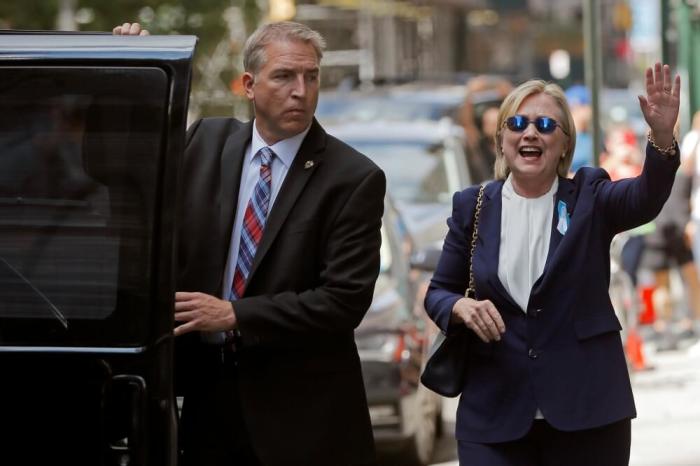
Correction Appended
Over the past few days, there has been a growing controversy over the health and well-being of Democratic presidential nominee Hillary Rodham Clinton.
Following the news that Clinton has pneumonia, there has been a renewed concern about how healthy the 68-year-old presidential hopeful is and if a lack of good health should bar her from the Oval Office.
Similar allegations are following 70-year-old Republican presidential nominee Donald Trump, who has garnered suspicion for his lack of releasing medical records to the public.
Clinton and Trump are far from the first presidential hopefuls to have questions raised about their health during a campaign season.
Below are five examples of presidential candidates who found people questioning their ability to hold the office due to a mixture of health concerns, age-related or otherwise.
1. Dwight Eisenhower
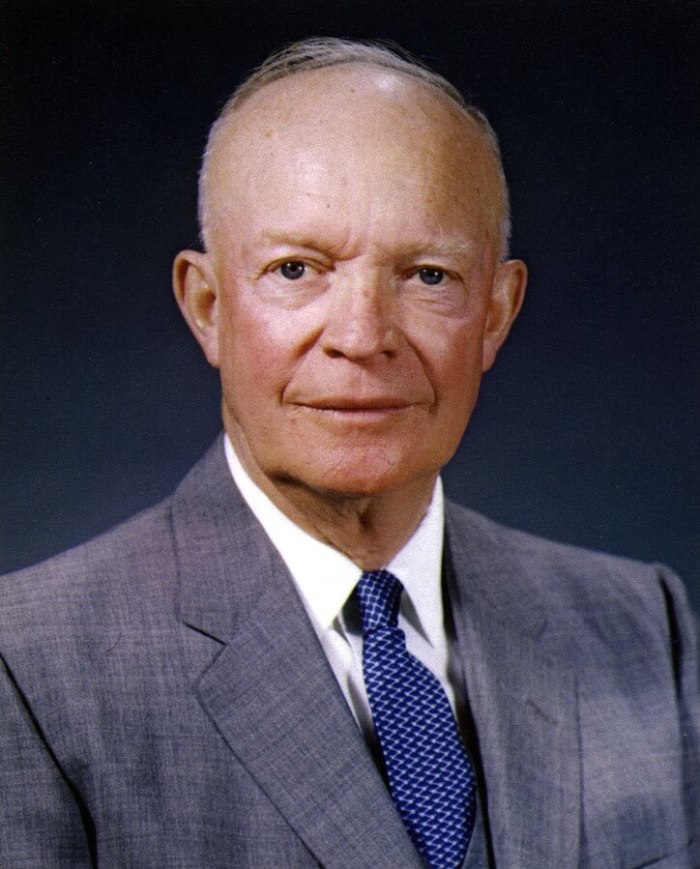
The former World War II general and two-term president of the United States of America had his share of health issues while serving as commander in chief.
Of particular public concern was a severe heart attack he experienced in 1955 during his first term in office. It was an issue that came up during the 1956 presidential election season.
Ironically, according to Professor Robert E. Gilbert of Northeastern University's Political Science Department, the heart attack actually encouraged Eisenhower to seek a second term when he had initially been hesitant to do so.
"Although it sharpened speculation about his fitness and willingness to run in the 1956 presidential campaign, the 1955 heart attack made Eisenhower more likely, rather than less likely, to run," wrote Gilbert.
2. John F. Kennedy
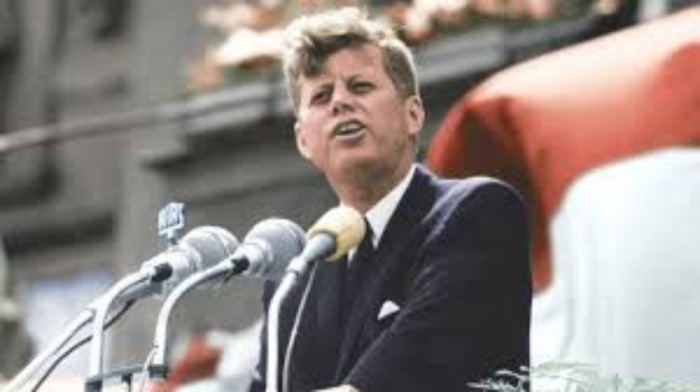
The youngest presidential hopeful on this list, the 43-year-old Kennedy was adept at keeping much of his personal life, including his medical history, away from public view.
Throughout his adult life, Kennedy took several drugs to treat the symptoms of Addison's Disease, a severe illness stemming from damaged adrenal glands.
During the 1960 Democratic primary season, a pair of party operatives told the press that Kennedy not only suffered from Addison's, but that his condition was life-threatening.
"The Kennedys publicly denied the allegation. They released a letter from two of JFK's doctors describing his health as 'excellent' and Kennedy as fully capable of serving as President," noted the Atlantic.
3. Ronald Reagan
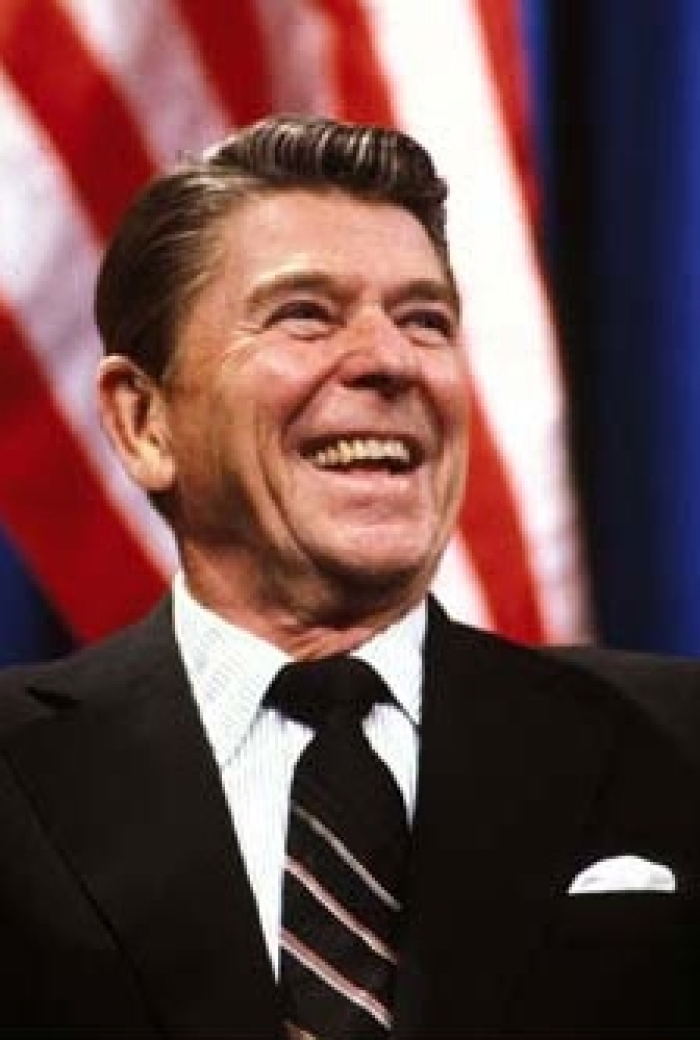
The oldest president in the nation's history, making the claim that Reagan was unfit for office due to his advanced age is not surprising.
During the 1984 presidential election season, Reagan was accused of having the early stages of Alzheimer's, the disease that eventually took his life in 2004.
Supporters of this claim pointed to his exceptionally poor performance at the first debate against Democratic challenger Walter Mondale. During the second debate Reagan did provide a better performance and delivered among other things this famous line: "I will not make age an issue of this campaign. I am not going to exploit, for political purposes, my opponent's youth and inexperience."
Nevertheless, the controversy resurfaced in 2011 when the former president's son Ron Reagan released a book claiming that indeed his father was experiencing the first bouts of Alzheimer's back in 1984. Michael Reagan, his eldest son, disputed the claim.
4. John McCain
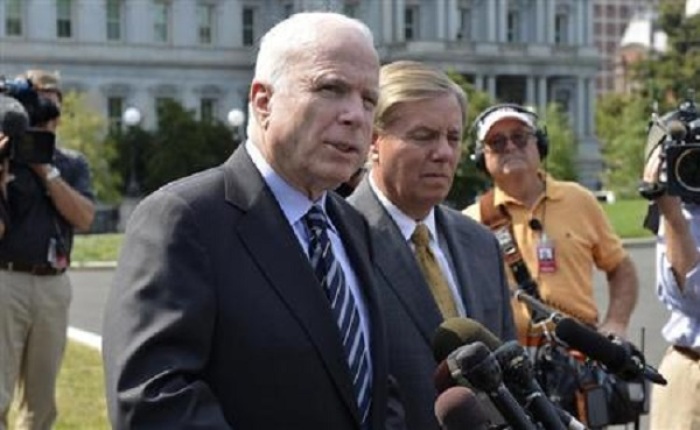
Running as the Republican nominee against then Democratic Senator Barack Obama in 2008, McCain began his campaign at age 71 and turned 72 before November of that year.
Between his age and the physical and mental trauma he experienced while a prisoner of war in Vietnam, some questioned whether McCain was healthy enough to be president.
In response to the claims, McCain invited 20 reporters, among them CNN's Dr. Sanjay Gupta and NBC's Dr. Nancy Snyderman, to look over more than 1,100 pages of medical records.
"The reporters found a history of melanoma and degenerative arthritis, but nothing to suggest that he could not physically handle the rigors of the presidency," noted a recent CNN piece.
"For many political operatives, medical experts and reporters, McCain's invitation set a gold standard for presidential aspirants' transparency on health issues."
5. Bernie Sanders
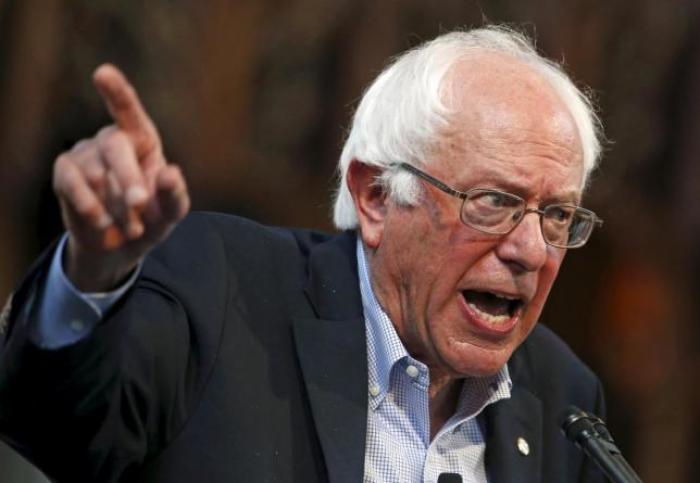
Before the claims about Hillary Clinton being too aged and unhealthy to become president, underdog primary challenger Bernie Sanders weathered claims of being too elderly to be elected.
For example, one column published February of this year in the Chicago Tribune described the 74-year-old Vermont Senator as "way past his presidential sell date."
"The job is too important to entrust to a 75-year-old man, and it's too hard to remove an impaired president. Whatever positive attributes he has for the job, voters need to face the fact: Sanders is just too old," argued the column.
In response to the critics, Sanders released a letter from Dr. Brian P. Monahan, the attending physician of Congress, who described the candidate as being "in overall very good health."
Correction: September 13, 2016
An article on September 13, 2016, incorrectly stated that Donald Trump is 72 years old. He is 70.




























